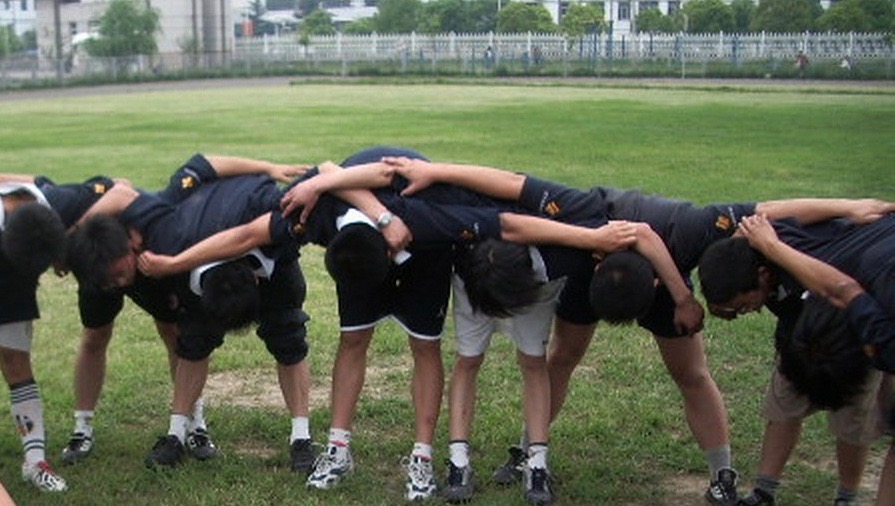Search by topic:

Google has spent years and millions of dollars examining the characteristics that make groups successful. The starting point is that no Google employee is short of intelligence, otherwise, you simply do not work there, but some groups are extremely effective, and others are failures, when on paper, the group members appear remarkably similar.
They called it ‘Project Aristotle‘.
Google has a core competence of finding patterns in data. They have large data sets of the teams in their business, their makeup, demographically, ethnographically, education, experience, and so on, but they could find no correlation between all these variables, and the quality of the team output. It seemed almost random.
The problem was to identify how individual intelligence translated into group intelligence.
We seem to accept that teams that were working well are more productive, creative, and harmonious than those that do not, but we do not really recognise the drivers of those outcomes?
Eventually, an unexpected pattern emerged, that discriminated between high performing teams, and the others. The pattern had two characteristics of the interactions that occurred in the teams, that explained the performance differences.
Those behavioural patterns are:
1. Equality of conversational turn-taking.
When everyone in the team has the opportunity to speak, and is encouraged to take it, and the result is that team members hold the floor for roughly the same amount of time, the team works. It does not mean that everyone takes turns, it does mean that the culture and often unspoken norms of the group are that everyone is respected, and has value to be added to the conversation, and is therefore listened to equally.
2. Ostentatious listening.
Just speaking in roughly the same amount is not enough. Others in the group must be overtly and ostentatiously listening, taking in what is being said, and giving it the attention and thought it deserves. This particularly applies to the team leader.
Together, these two behavioural norms together create what risks becoming a cliché: ‘Psychological Safety’.
This is the willingness of team members to speak their mind, express opinions, and ideas, knowing that they will not be judged, that the group welcomes the views, even when they are against the ‘run of play’ or the expected. Psychological safety is the single greatest correlate with a group’s success. When team members have that safety, it unlocks their best ideas, their ability to collaborate meaningfully, and innovate creatively.
Contributing to the success of a team, on top of the two core drivers that deliver psychological safety, and contributing to them in meaningful ways, are 4 supporting behaviours:
Taking up the hard-won lessons from Google seems to make great sense to me.
How well do your processes to manage and leverage the intellectual capital, represented by your employees, work in the evolving working environments?